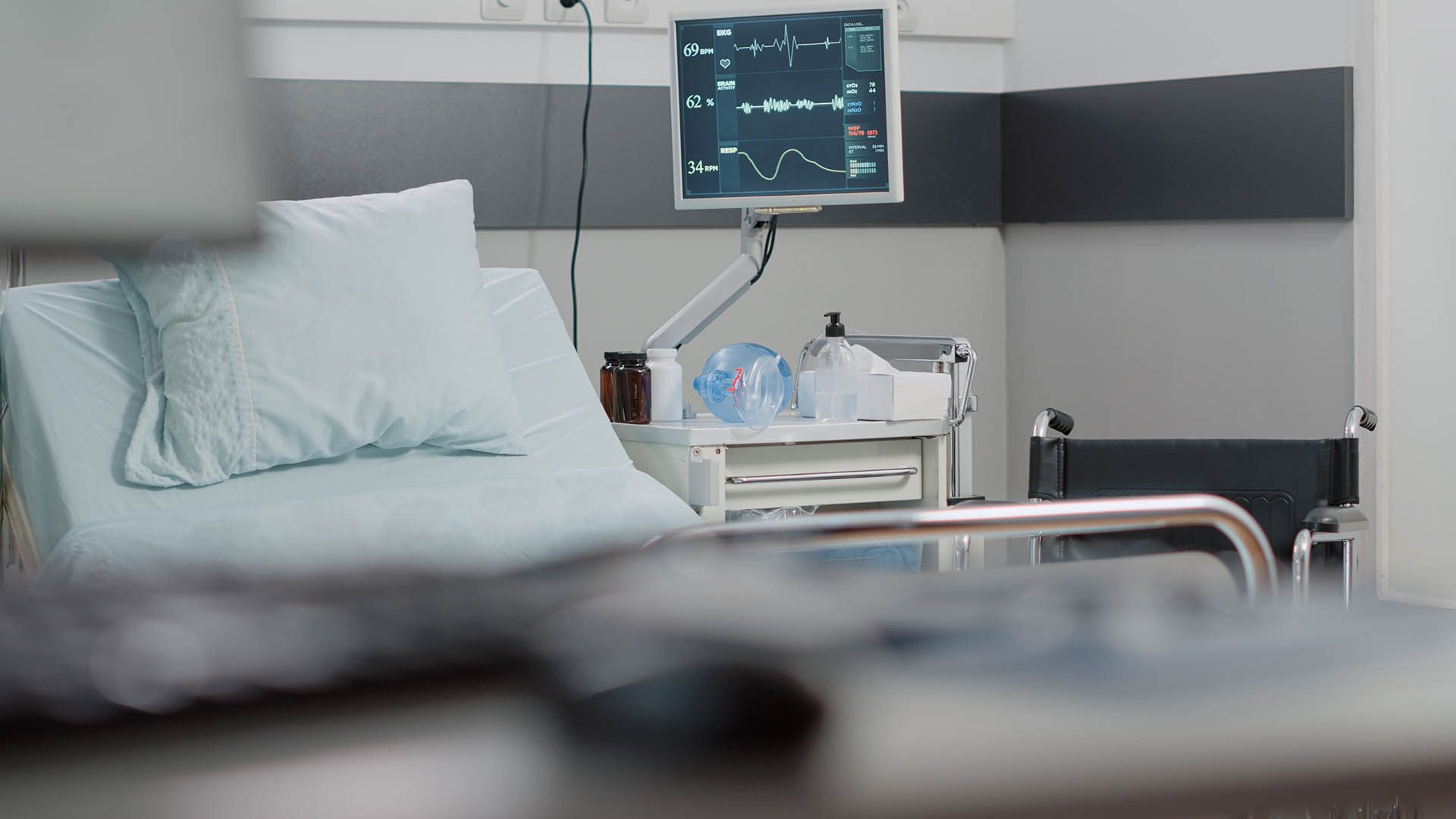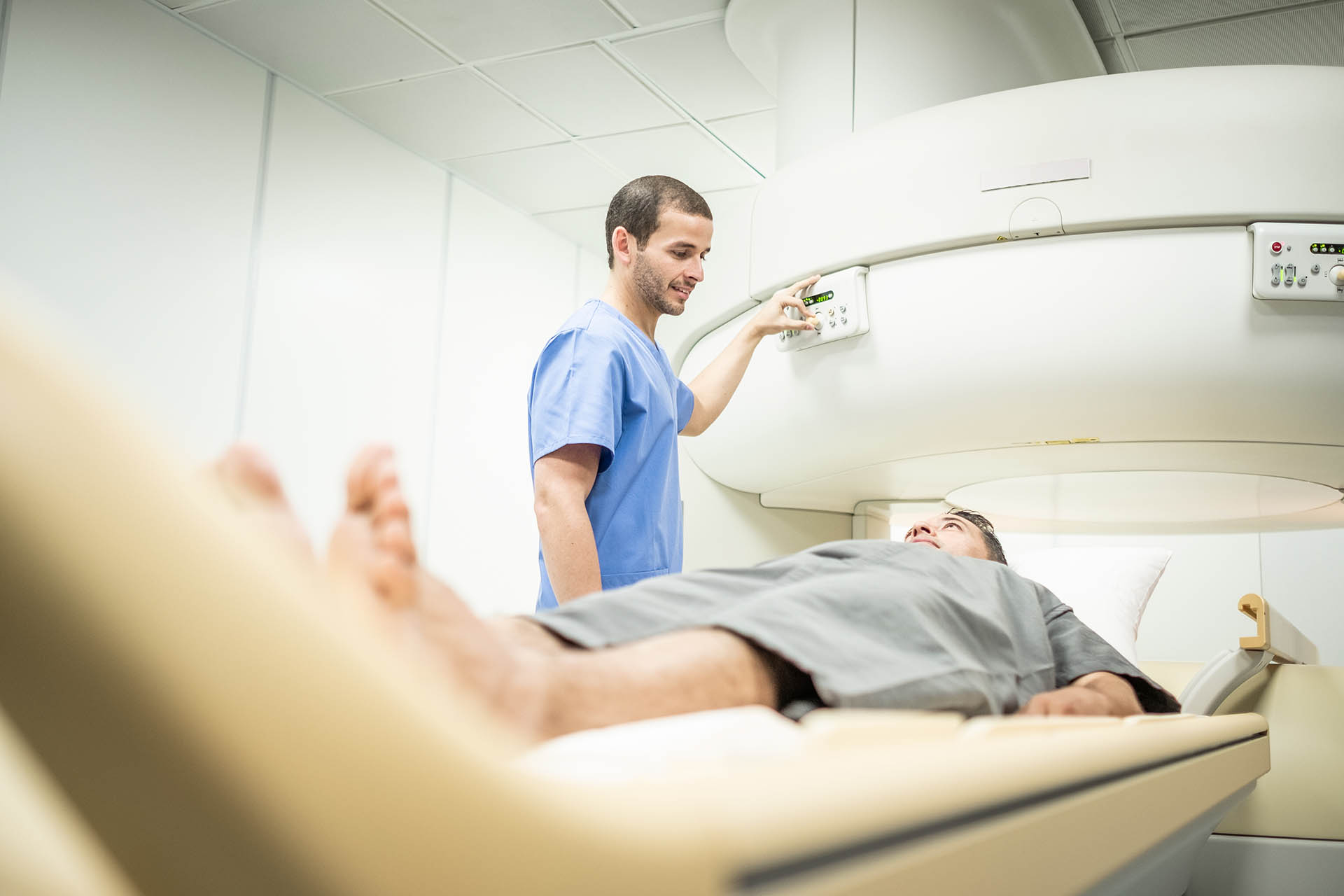Event News
What are the Types of Healthcare Facilities in the Medical Field?

When considering a career in the healthcare sector, one will discover there is a diverse array of options and specialties within the medical field. Based on the fields, there are separate degrees that cater to them. Let’s look at some of them to understand the specialties a bit deeper.
Bachelor of Dental Surgery (BDS)
Bachelor of Dental Surgery is a five year undergraduate program. It is a compulsory course for students aspiring to work as dentists at government or private hospitals.
Researchers have discovered that unhealthy mouth may increase the serious risk of health problems like heart disease and diabetic complications. Hence, the care that dentists provide greatly improves the quality of life of patients.
Besides filling and pulling out teeth, a dentist’s tasks include restoring functions to badly decayed, broken teeth, replacing missing teeth with dentures, treatment of oral inflammatory diseases of the gums and supporting tissues, oral care during cancer treatments along with aligning and straightening of teeth.
The Bachelor of Dental Surgery students will receive their degrees from the respective universities where they are enrolled.
Bachelor of Pharmacy
As the global population grows and ages, and with medicines becoming more complex, the need for pharmacists will increase. Pharmacists are the experts on medicines and the way they interact with the body. They play a vital role in improving the health of their communities.
A Bachelor of Pharmacy degree gives one the knowledge, experience and expertise needed to make a difference from the moment one graduates as a medicine expert and healthcare professional.
The courseware for the Bachelor of Pharmacy covers applied pharmaceutical sciences, enabling sciences, clinical sciences, therapeutic sciences and pharmacy practice, along with the professional skills and attributes needed to be a pharmacist.
Students will understand the use of medicines and will contribute to new drug research, development and innovation.

Diploma in Nursing
The Diploma in Nursing is a three year programme designed to prepare students to be competent Registered Nurses. Nursing refers to the act of giving care to those who are unwell, whether they are mentally or physically.
Nurses play a large and very crucial role in health care and are often responsible for administering medication, treating wounds, and monitoring vital signs. Nurses are the ones that help the recovery process of patients.
Diploma in Nursing has the below specializations:
- Accident and emergency
- Paediatrics
- Obstetrics
- Oncology
- Ophthalmology
- OPD
- Gynaecology
Bachelor of Medicine
The Bachelor of Medicine, or commonly called MBBS, is a long and challenging role. It is a selfless calling, dedicated to the service of others.
This degree relates to diagnosing, treating and preventing a sickness, disease or injury. It involves utilizing healthcare practices to maintain and restore the health and wellbeing of a person.
As a part of the Bachelor of Medicine, one could gain extensive knowledge in medical sciences and the right clinical skills to provide efficient patient care. This includes being able to accurately diagnose and treat patients, explain treatment to patients, and collaborate with other healthcare professionals.
The Bachelor of Medicine, has many specialties like,
- Anaesthesiology
- Internal Medicine
- Emergency Medicine
- Obstetrics & Gynaecology
- Orthopaedics
- Paediatrics
- Surgery
To get into the Bachelor of Medicine or MBBS course, one needs to have the below subjects in your school:
- Biology
- Chemistry
- Physics
- Applied Mathematics or Mathematics

All of these fields of Medicine contribute to making the lives of patients easier. Hospitals these days can have the below specialized departments or facilities to provide complete focus and care to patients:
- Outpatient Surgical Facilities – provide surgical procedures outside of a hospital.
- Birth Centers – for child birth with care provided in the midwifery and wellness model.
- Blood Banks – where blood and platelets are donated and stored for use.
- Clinics and Medical Offices
- Diabetes Education Centers – classes, resources and support groups to help those who have diabetes.
- Dialysis Centers – provides dialysis, a process to filter and clean the blood, for patients with kidney diseases.
- Imaging and Radiology Centers
- Mental Health and Addiction Treatment Centers
- Nursing Centers
- Orthopaedic Centers
- Telehealth – digital or remote health care.
- Long Term Healthcare – for patients with serious conditions that need constant care.
All in All
When it comes to a career in healthcare, it is paramount to understand the different kinds of health care facilities one could work in.
The Bachelor of Dental Surgery, Bachelor of Medicine, Diploma in Nursing, and Bachelor of Pharmacy are courses that build in their students the confidence and credentials to work directly with patients and doctors or behind the scenes in policy and management.
The opportunities for healthcare professionals are endless. It’s up to an individual to invest in studies and specialise in one that interests him.

